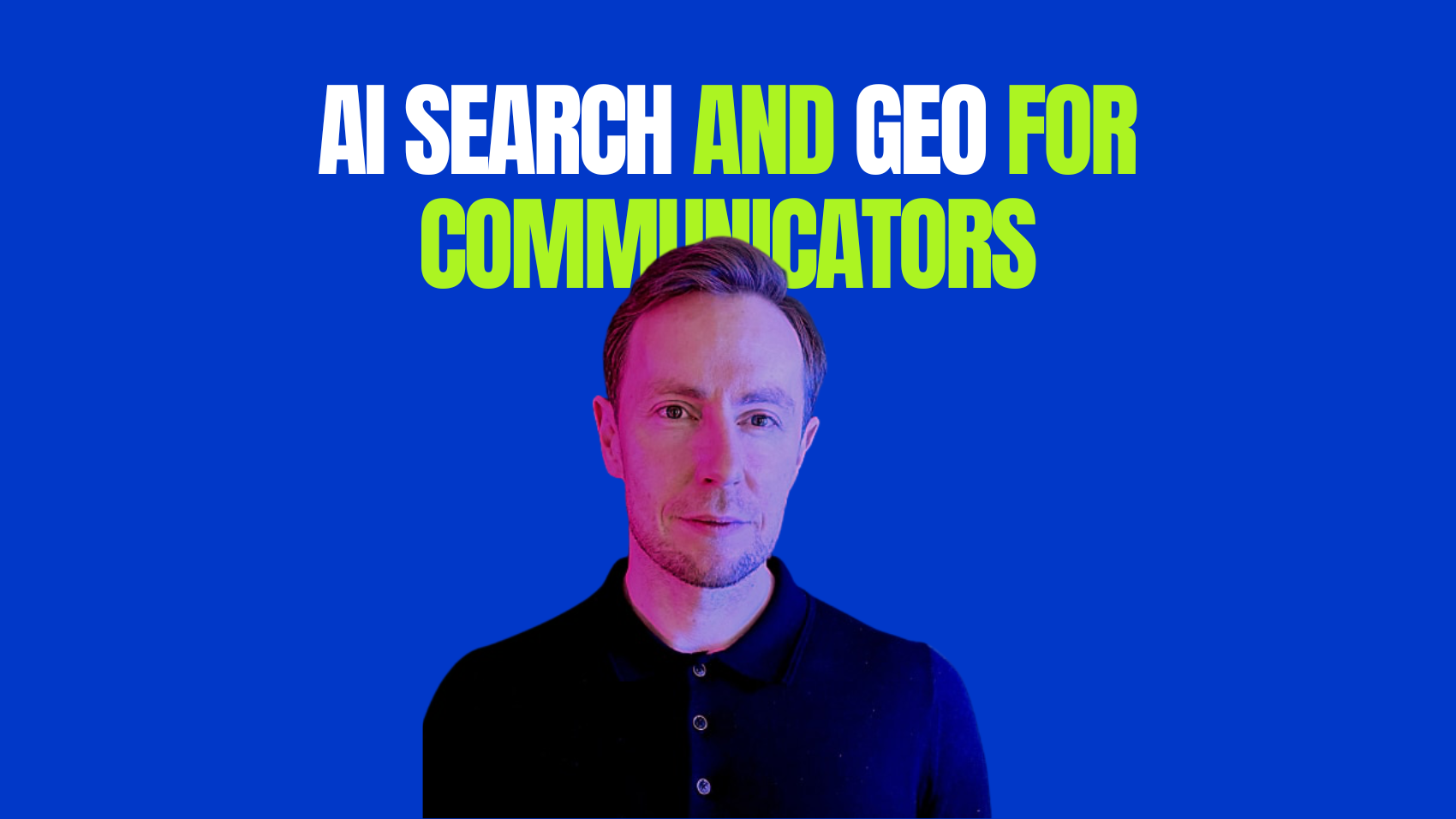

We are pleased to welcome you to the most comprehensive training for communications professionals in the education sector in North America!
Come and hear how Stanford, Harvard, Northeastern, University of Georgia, and University of Notre Dame are updating their communications strategies.
This Boot Camp offers your organization the opportunity to update your communications strategy and protect your reputation in an increasingly polarized environment through case studies presented by communicators from North America's leading universities.
Our inspiring speakers will discuss the latest communication issues and trends, including:
Interested in attending with your colleagues? Contact Stan today for more info on our group discounts!
09.00 Registration and Morning Coffee
10.00 Opening Fireside Chat: Crisis Planning in a Polarized World and Protecting Your Reputation in an Age of Permacrisis
In an era of permacrisis and deep polarization, having the right approach to reputation management is more critical than ever. Farnaz will share how she leads crisis communications at a world-class institution and best strategies to maintain and mitigate reputational damage in a rapidly changing landscape.
Farnaz Khadem, Vice President for University Communications, Stanford University
11.00 Preparing the Next Generation of Crisis Communicators
As the world becomes more polarized and complex, and demand continues to rise for skilled communicators who can manage crises in business, academia and the non-profit sector, the University of Georgia is expanding its innovative program to educate and prepare students for crisis communication careers by combining the knowledge and insights of leading academics and experienced practitioners from around the world.
Building on more than five years of success – including groundbreaking academic research, an annual Crisis Communication Think Tank with ongoing thought leadership development programming, and the placement of graduates at leading firms and universities – UGA is taking steps to expand this program to include graduate education and executive training. The stated goal: make the University of Georgia the “go-to place for the study of crises.”
Dr. Yan Jin, C. Richard Yarbrough Professor in Crisis Communication Leadership, University of Georgia
Greg Trevor, Associate Vice President and University Spokesperson, University of Georgia
12.00 Lunch for Speakers and Delegates
13.00 Engaging External and Internal Stakeholders Through Authentic Stories
In a world where content is king, communicators must think strategically about engaging external and internal stakeholders through the creation of authentic stories and aligned messaging. Sue Ryan (media relations) and Jenna Liberto (internal communications) from the University of Notre Dame dive into the innovative ways their teams are collaborating to produce content that thrives across internal and external platforms, improving efficiency, expanding creativity, and increasing engagement.
Jenna Liberto, Director of Internal Communications, Office of Public Affairs and Communications, University of Notre Dame
Sue Ryan, Director of Media Relations, University of Notre Dame
13.40 Creating Authentic Student-Centered Content
Highlighting our students to showcase their expertise, personalities, passions, and experiences, while also illustrating the uniqueness of our faculty, programs, and campuses as an institutional account has become increasingly more challenging in a video-heavy social landscape that prioritizes authenticity. Kim and Sabrina will share how they use photo, video, and written pieces to give voice to Harvard students' authentic experiences and stories across platforms.
Kimberly Moniz, Assistant Director of Content Strategy, Harvard University
Sabrina Debrosse, Communications & Engagement Manager, Harvard University
14.20 Networking and Refreshment Break
14.50 How Can We Become More Data Literate in Communications
In today's world of rapid change, data is everything. During this interactive keynote, Meghan is going to talk to you about how to create student-centered content and how to use data to tell a compelling story. More importantly she will focus on proving the value of social to your C-suite and will share her journey of how they got senior management to invest in social by proving their success using data.
Meghan Donovan, Director of Digital News and Social Media, Northeastern University
15.30 Communicating Environmental Research to a Skeptical Audience
Figuring out what’s unique about your campus’ sustainability work and environmental research is not easy. In this talk, Molly will offer tips for developing effective communications strategies around environmental research and sustainability projects on campus. Molly will also discuss how to communicate technical environmental research for the popular press, drawing on her experience as an environmental communicator focused on energy and climate solutions, first as a freelance reporter for Smithsonian.com, then at Princeton’s Andlinger Center for Energy and the Environment, and now at Princeton’s Office of Communications. She will cover the tools she used to amplify Princeton’s landmark study, the Net-Zero America report, which earned wide-ranging, consistent coverage in the NYTimes, Washington Post, Wall Street Journal, Bloomberg, The Economist and other outlets. The insights will help guide your organization on how develop and tell an authentic and compelling sustainability story.
Molly Seltzer, Environmental Content Strategist, Princeton University
16.10 End of Day One
10.00-16.00 A Full Day Interactive Workshop with Irene Payne: Test and Update Your Crisis Plan for a Polarized World
Whether it is a worldwide pandemic as COVID-19, a disaster or an active shooter on campus, crises pose a great risk to your organization's reputation. These events often unfold at great speed, forcing public relations and communications professionals to act rapidly to prevent reputational damage from occurring. In order to respond effectively to a crisis, it is essential to consider the most important factors: the severity of the situation, its impact on the business' commercial, financial, and reputational interests, and how it must be managed strategically.
Presented by Irene Payne, a renowned international crisis communications expert, particularly on firearms incidents in educational settings, this one-day interactive workshop, will prepare you with a comprehensive understanding of strategic crisis management and communication protocols as well as how to establish effective media relations.
You will also learn effective strategies for managing reputational crises and establishing crisis leadership in order to protect brand trust. Upon completing this workshop, you will be armed with the skills necessary to protect your organization against reputational shocks and damages, and you will emerge from any crisis with a more positive image.
Benefits of attending:
- Minimize the damage caused by a crisis by detecting early warning signs
- Develop a crisis management and communication plan that is robust and effective
- Communicate effectively during times of complex crisis with diverse stakeholders
- Select the appropriate communication channel
- Communicate when information is scarce
- Manage aggressive media interviews more effectively
- Take full control of media exposure by crafting powerful key messages
- Manage crises effectively using social media
About Your Workshop Leader:
Irene Payne is the Associate Director of Crisis Communications at Kenyon International Emergency Services. Originally from the United Kingdom, Irene Payne is now based in Nevada, USA. She has extensive communication experience in crisis management, particularly firearms incidents in educational settings. In 2012, she was presented with the 'Leadership Through Communication' award from the American Association of School Administrators and the National School Public Relations Professionals Association. Additionally, Irene has worked in India, Pakistan, and Europe. She holds a Postgraduate Diploma in Marketing Communications from the Chartered Institute of Marketing, United Kingdom.
Address: 656 W Randolph St Ste 4E, Chicago, IL 60661, United States
Catalyst Ranch in Chicago is a unique meetings and events venue designed for companies to go offsite for thinking, planning, developing, creating new products, solutions, and innovative ideas. The Ranch was named the “Best Conference Venue” by Illinois Meetings & Events in 2012 and 2013 and the Professional Convention Management Association’s Convene Magazine “Best in Show” for Small Meetings 2014. The design inspires play for grown up companies with today's big challenges. Play is the first step toward creativity. Toys, games, color, texture, natural light, comfortable seating, and space to roam all contribute to the stimulate creativity and communication. For groups of 3 to 120, it's a wondrous environment that can be configured to meet your needs. Imagination, environment, creativity, innovation.

This program can also be delivered as a tailored in-house training for your organization. We adapt the content to your industry, objectives, and level of maturity, focusing on real challenges your teams face and the decisions they need to make. In-house formats allow your people to align on a shared approach, work through relevant scenarios, and build skills they can apply immediately.
If you’re exploring an in-house option, tell us a bit about your team, priorities, and timing, and we’ll recommend the right format.
Contact us about in-house training